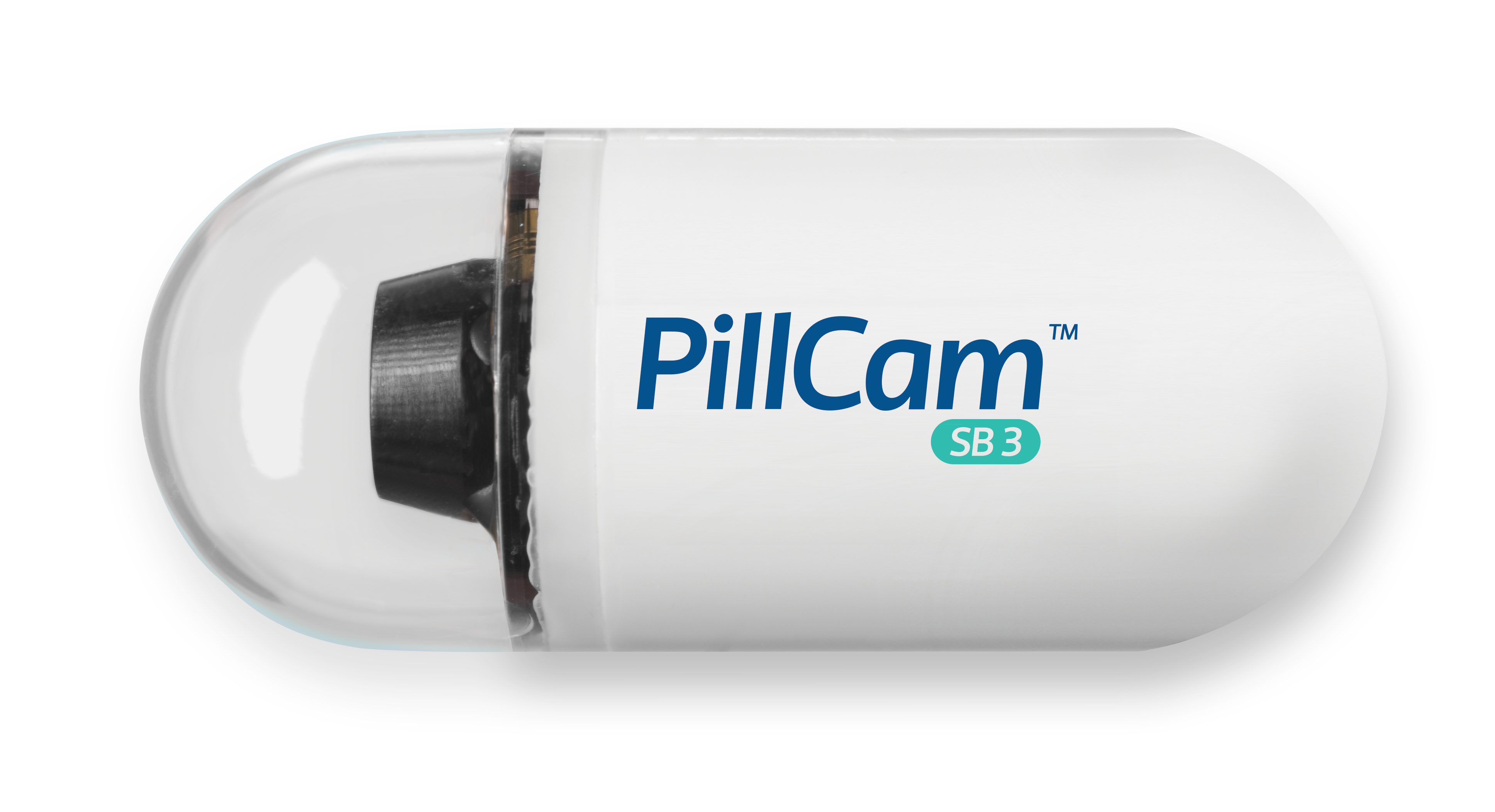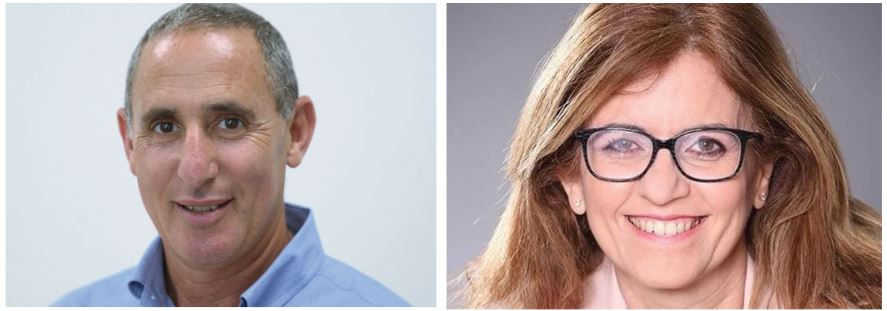“Innovation is key at Medtronic,” says Laurence Keselbrener, Medtronic vice-president of research and development for the company’s Gastrointestinal division and site leader at the company’s Yokne’am office. After conducting a wide-ranging interview with Keselbrener and Ori Hadomi, Medtronic Israel’s vice-president of Strategic Initiatives & Partnerships, it is clear that the Israeli branch of this worldwide company is rapidly improving medical innovation for the benefit of patients around the world.
Medtronic is one of the largest medical device companies worldwide, with more than 90,000 employees in 150 countries. Medtronic Israel has a team of 1,000 workers in nine different locations throughout the country in Jerusalem, Herzliya, Petah Tikva, Yokne’am, Caesarea, and Tel Aviv.
One example of the company’s innovative work is the PillCam, which is used for capsule endoscopy. The PillCam is a plastic, vitamin-sized capsule outfitted with a tiny camera and light that takes photos of the entire gastrointestinal tract. The camera is used to visualize the small bowel and colon, allowing physicians to diagnose diseases such as Crohn’s Disease, a type of inflammatory bowel disease, and detect bleeding in the GI tract. “There is almost no other way to visualize the small intestine,” explains Keselbrener. “It is four meters long, and it is very difficult to get in there. You just swallow the capsule, it takes the pictures, and you know what is happening inside. It is very easy for the patient and very good for the physician.”

Keselbrener notes that Medtronic has a broad portfolio of additional products in the gastrointestinal field, including products used to diagnose acid reflux and motility issues in the esophagus. Another product, called PillCam Colon, is used as a triaging tool prior to traditional colonoscopies. Keselbrener adds that Medtronic is greatly increasing the use of artificial intelligence in its products, such as an AI tool that is used to detect polyps in colonoscopies.
Medtronic Israel focuses on a number of areas, including gastrointestinal products, patient monitoring, visualization for laparoscopic surgery, AI for nutrition for diabetics for a closed-loop insulin pump, and spinal robotics.
Before joining Medtronic, Ori Hadomi, Medtronic Global vice-president of Strategic Initiatives & Partnerships, headed Mazor Robotics for 18 years, which was acquired by the company several years ago. The products developed by Mazor are the primary focus of Medtronic’s current and future robotic technologies used for spine surgery. “Israel became the center of gravity for Medtronic current and future surgical robotics in the spine and brain, “ says Hadomi. “We can be proud that technology invented by Israeli academics and developed by Israeli engineers has become the standard of care in the world.” While the use of robotics in surgery today is primarily to assist surgeons in their tasks, Hadomi notes that Medtronic is thinking ahead of the curve and foresees a future when the knowledge and data it has accumulated will be able to be used to automate procedures and enable robots to perform surgical tasks autonomously. “We are moving surgery from an art to a science. Surgery should be predictable – both in terms of the procedure and the outcome,” he says.
Within Medtronic, Hadomi is also responsible for the development and realization of the corporate Insight-Driven-Care strategy. “Medtronic has the power to unlock the full potential of data technology,” he explains. The Insight-Driven-Care strategy focuses on connecting all “the dots” into one, clear story, for patients and providers, harnessing the vast wealth of data, within and across systems, devices, therapies and patients and transforming it into actionable insights and actions in order to deliver precisely personalized medicine at scale. ”Most medical devices today, says Hadomi, focus on a specific procedure that is performed in the point of care and that follows a standard, protocol. Patients are not looked at holistically. Hadomi says that the ability to connect a wide range of data sources will allow Medtronic to form a holistic picture of the patient’s condition and offer customized insights and therapies for each patient and for many patients at scale. This strategy and vision will guide the development of therapies in Medtronic in the coming years.

“What makes Medtronic special in research and development,” says Laurence Keselbrener, “is that we are multidisciplinary. We know how to take a lot of different disciplines, such as electronics, optics, software, and artificial intelligence, and blend them into innovative products. As we continue to evolve as an organization, we are bringing more and more talent as we continue to grow our products.”
Keselbrener suggests that Medtronic Israel is an ideal talent destination for capable engineers, programmers, and developers. “We have state-of-the-art technologies and innovation, and there are many career opportunities. We are investing a great deal in training our employees and giving them opportunities to grow. Our mission is to help people be healthier. Every day, when you come to work, you know that you are doing something that is touching patients. Medtronic is a talent destination for engineers who want to work on the coolest tech but also want to help treat people and save lives".
This article is taken from The Jerusalem Post Israel Technology and Innovation Magazine 2022. To read the entire magazine, click here.
This article was written in cooperation with Medtronic Israel
